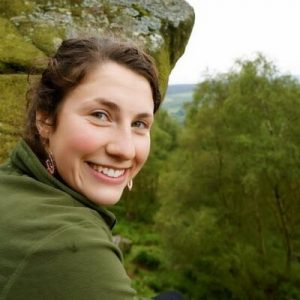Mary Crossland
Mary Crossland is an associate scientist at CIFOR-ICRAF working on livelihood systems research. Combining social and agroecological field research, her work aims to understand the impact of agroecological practices on smallholder livelihood systems and generate the robust evidence base needed for transitions to sustainable, profitable and resilient food systems. Additionally, her work has a strong gender and social inclusion focus, including the use of gender transformative research approaches. Committed to transdisciplinarity, much of her work focuses on co-developing and applying novel methodologies for designing and assessing agricultural systems and matching agricultural innovations to local contexts. This includes integrating local knowledge and scientific expertise to develop farm-scale simulation models, conducting socio-economic analyses of farming innovations and using qualitative research methods.
Before joining CIFOR-ICRAF, she completed her PhD at Bangor University in collaboration with ICRAF, where she analysed data from participatory on-farm trials and developed farm-scale models to explore the performance of land-restoration practices and their impact on livelihood outcomes. This included investigating intra-household dynamics surrounding innovation uptake and identifying key entry points for achieving more inclusive and equitable land restoration. Mary also holds an MSc in Agroforestry (2016) from Bangor University and a BSc in Environmental Science (2013) from the University of Southampton.



















